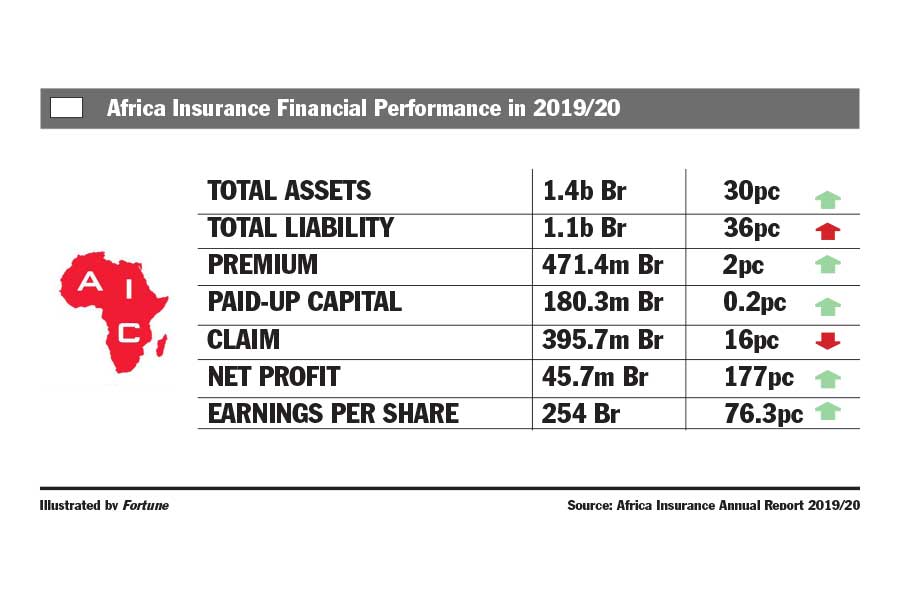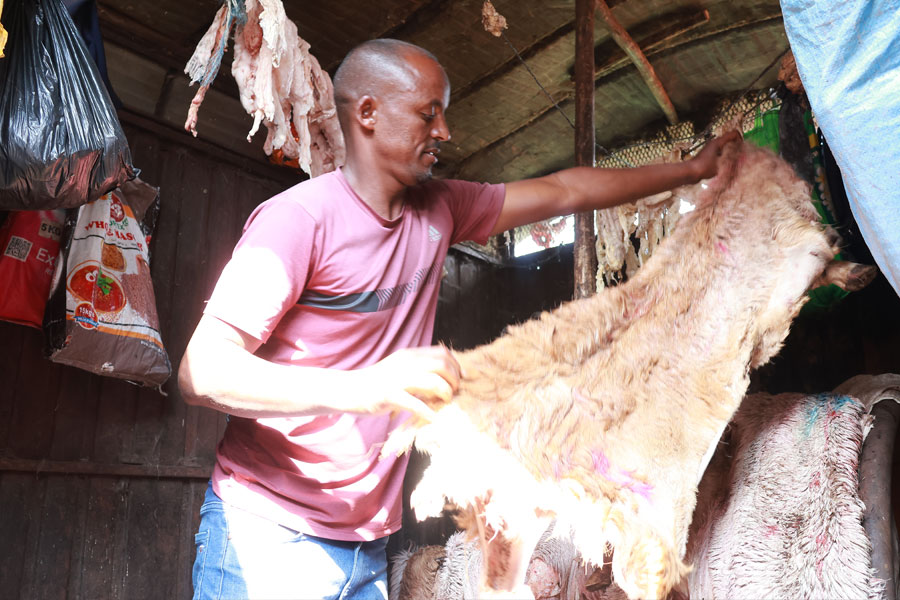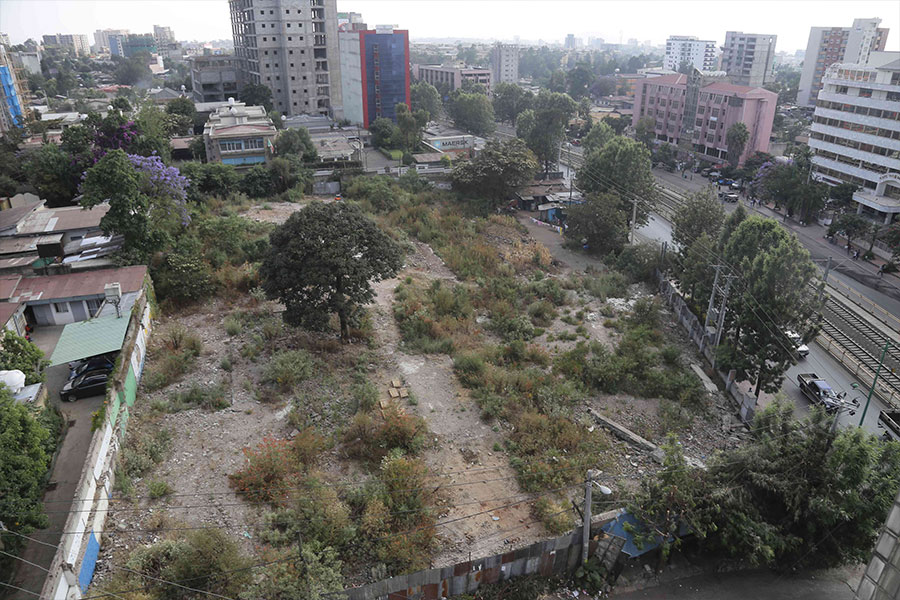
Films Review | Feb 15,2020
It was three weeks ago.
“You are back!” I said to my long time neighbours, the couple of birds that reside in a tree near my house.
It was from a distance. We had not seen one another following the construction of a road that pierced our neighbourhood, taking away the two trees in front of my house. That meant that they had to move away, and I had not seen them in a while. But I had not forgotten about them either.
It is always fresh in my mind, the affection shown between the couple. They would be cascading through the branches of the trees, chirping shrill notes. I loved every minute of it and would be happy to get up each day in the morning to throw tidbits of what little food I had their way.
Sadly, it was only for awhile. Their whistles were substituted for the roar of engines. Their eclectic sounds were replaced by the sound of tires on paved road. It was their absence and then their sudden appearance that reminded me of the peculiarity of these creatures, and how little attention we pay to their well-being in Ethiopia.
I first realised this decades ago when a statuesque European looking woman asked me to help her identify a bird from one of the trees at the Hilton Addis. I was enjoying the cool green majestic gazebo ambience with a cold draft beer fit for a hot day.
I shot back that I flat-out had no clue. She came back two or three times. Tired of my own absurdity, I told her that in Ethiopia we could barely tell one bird from another. What I failed to mention was that it was the case with most other things, such as trees.
How many types of trees can we identify?
It was because of that European woman’s dire astonishment – the-how-come-he-does-not-know expression – that, on the morrow, I went to old book shops in Mercato, one of the largest marketplaces in Africa. The hunt for books about birds was not too exhausting. Most book shops had them, although this is no longer true. In the end, I had picked up a small book about the endemic birds of Ethiopia.
Among others, I was introduced to the Abyssinian lovebird.
Fabulous with great beauty, by any standard an exceptional creature, Prince Ruspoli's Turaco (the actual name of the bird) was next. Moss-green dominated with a way-out coiffure, fresh green cheeks, a red bill and a narrow crimson line above an enclosed eyelid, I had the pleasure of living near this distinct animal when I was working in southern Oromia Regional State.
Yet it never gave me the chance to have a close look at it. It is almost extinct. Forest fires, woodcutting and habitat alteration are considerable threats to it. Such endemic marvels face a similarly grim outcome, from the white-tailed swallow to the Degodi lark, the Sidamo long-clawed lark to the Nechisar nightjar and the Ethiopian bush-crow.
They all underpin the need for immediate conservation work. There are several projects to preserve forests and with them the diversity of animal life they are a habitat to. There is no doubting that the administration of Prime Minister Abiy Ahmed (PhD) is enthusiastic about leaving behind a ”green legacy.”
But such initiatives should not come at the expense of the economic circumstances of the people living close to these forests and birds. They have to be given agency in looking after these natural heritages, and the economic reward that comes – such as through tourism – should be theirs.
Surely they have as much adoration for these birds as I do if it was not for the fact that the land and the wood from the trees have more value to their economic well-being. For a long time now, I have missed the sight of these beautiful birds in my neighbourhood and the sound of their melodious chirping in the morning. With some support, these communities can be prodded into caring for the birds that make up their environments.
PUBLISHED ON
Dec 19,2020 [ VOL
21 , NO
1077]


Films Review | Feb 15,2020

Fortune News | Dec 12,2020

Radar | Oct 14,2023

Editorial | Aug 20,2022

Fortune News | Jan 13,2024


Sunday with Eden | Jul 09,2022

Life Matters | Nov 27,2018

Agenda | Dec 17,2022

Sunday with Eden | Feb 10,2024

Dec 22 , 2024 . By TIZITA SHEWAFERAW
Charged with transforming colossal state-owned enterprises into modern and competitiv...

Aug 18 , 2024 . By AKSAH ITALO
Although predictable Yonas Zerihun's job in the ride-hailing service is not immune to...

Jul 28 , 2024 . By TIZITA SHEWAFERAW
Unhabitual, perhaps too many, Samuel Gebreyohannes, 38, used to occasionally enjoy a couple of beers at breakfast. However, he recently swit...

Jul 13 , 2024 . By AKSAH ITALO
Investors who rely on tractors, trucks, and field vehicles for commuting, transporting commodities, and f...

Nov 1 , 2025
The National Bank of Ethiopia (NBE) issued a statement two weeks ago that appeared to...

Oct 25 , 2025
The regulatory machinery is on overdrive. In only two years, no fewer than 35 new pro...

Oct 18 , 2025
The political establishment, notably the ruling party and its top brass, has become p...

Oct 11 , 2025
Ladislas Farago, a roving Associated Press (AP) correspondent, arrived in Ethiopia in...